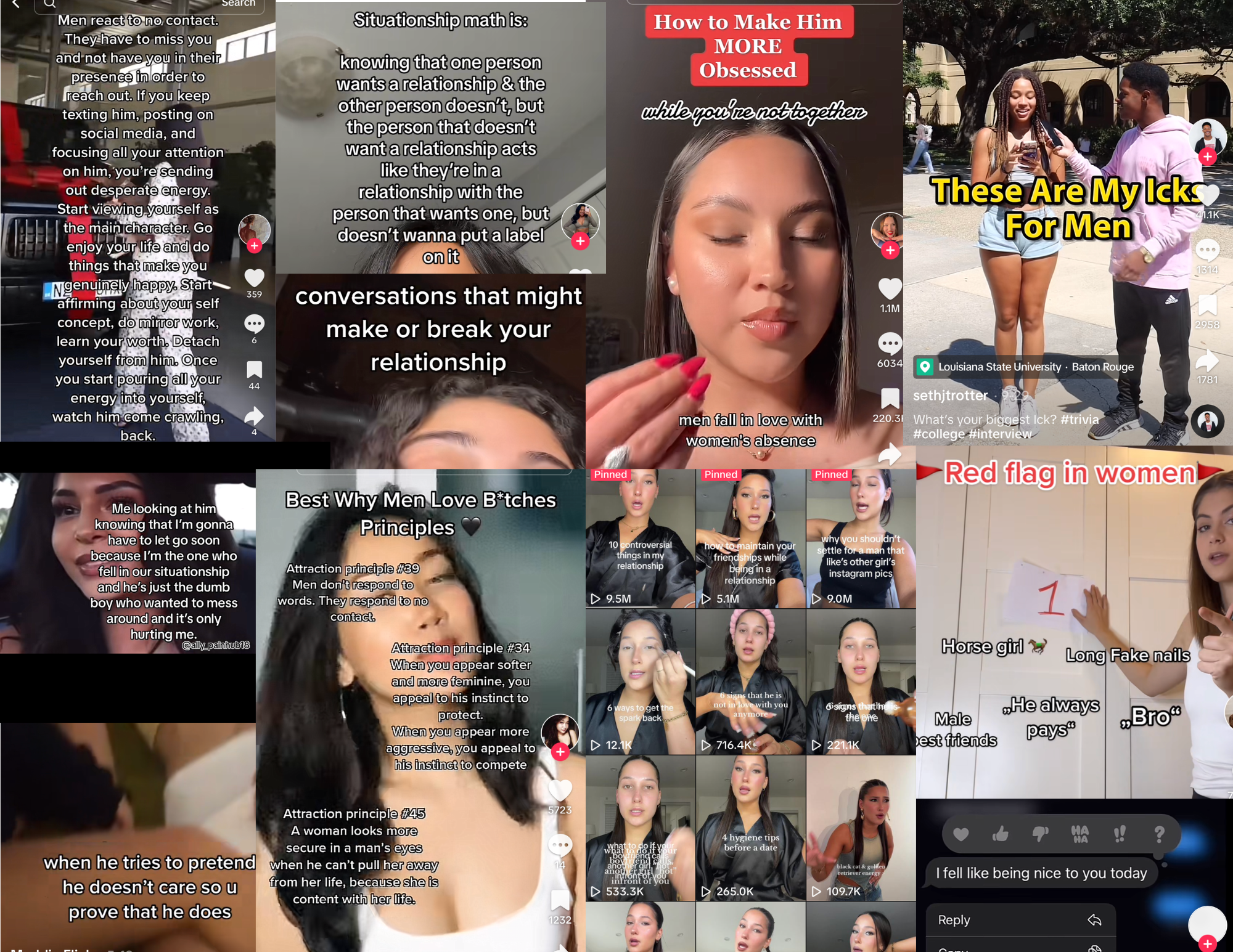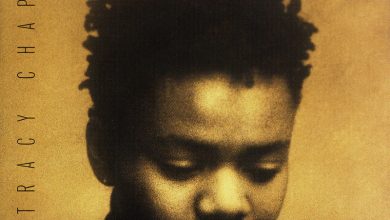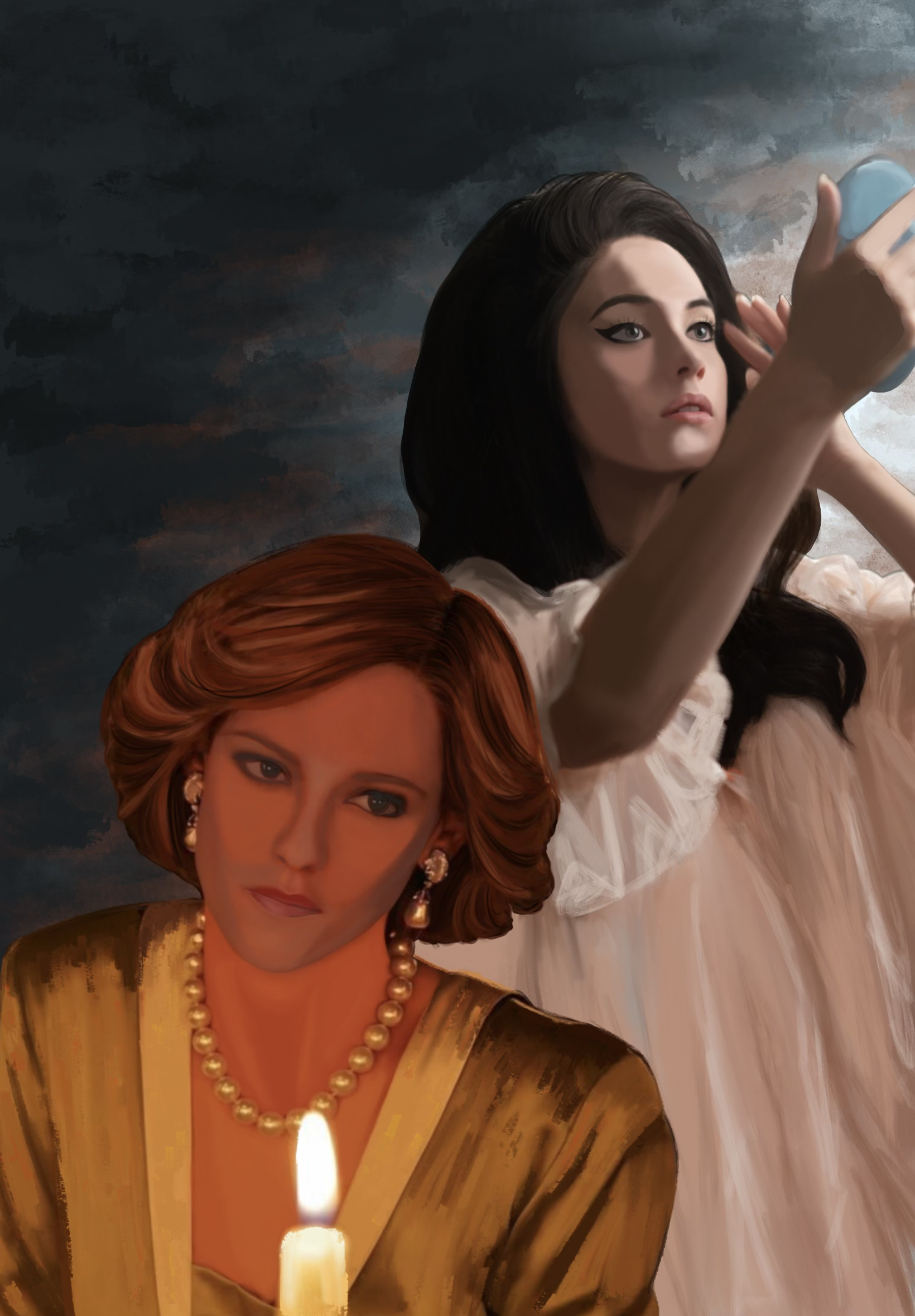Ew, That’s Such an Ick.: A Glossary for Modern Dating

IMAGE CREDIT: Amber Phung
(IMAGE DESCRIPTION: A collage of eight TikTok screenshots featuring text headers about red flags in women, icks for men, and conversations that might make or break your relationship. The majority of images contain people speaking directly to the camera during a makeup routine or screengrabs of on-the-street video interviews.)
Imagine you just started seeing someone and you’re really into them. You both share the same sense of humor; they text you back fast and always make plans; you feel like you’re finally going to reach the end of the dark tunnel of celibacy and singleness, and cross the finish line into the promised land of love. Then, one night, as you’re scrolling through TikTok indulging in the mind-numbing dopamine overloads of the Internet, you see a video titled “Red Flags in a Relationship.” Your heart plummets as you read the very first red flag posted by @user918208373: a high Snap score. And then more and more red flags pop up on your screen – listens to Brent Faiyaz, is a Virgo, doesn’t use the right your versus you’re, messages you late at night, wears flip flops. The list just goes on and on, and it seems like your potential partner is checking off the entire docket like it’s nobody’s business. At once, you begin losing confidence in your relationship – I mean, no one’s gonna know “red flags” in a relationship better than an anonymous TikTok user with LED lights! Now you’re questioning everything: are you guys really that compatible after all? Does it really mean anything that you went on multiple dates with them if they didn’t even buy you flowers (another red flag, obviously)?
You collect yourself and shake it off. After all, it’s just one stupid video; it couldn’t possibly mean that much. So you scroll onto the next TikToks, hoping for a change of pace. But you’re bombarded: “Icks that are NONNEGOTIABLE”, “Advice for situationships”, “4 signs of an unsuccessful talking stage,” and “Sneaky link tips.” That’s when the downward spiral begins – your relationship, or almost-relationship, is clearly doomed now. Now, every interaction with your partner is imbued with self-doubt and suspicion and hyperfixation on those “icks” and “red flags.”
This thought process is not a rare one. In fact, it is common nowadays for one’s security in their romantic relationships – whether currently developing or already established – to be second-guessed by social media.
The digitization of human interaction that accompanied the COVID pandemic transformed the role that social media played in our day-to-day lives. Once a source of keeping up with our friends and family, social media gradually morphed into an abstract, amorphous monster that consumed our screen time and kept us connected to the entire world. The rise of e-dating as well as social media becoming a source of relationship advice brought with it a novel vernacular utilized to label varied features of romance and dating. With the advent of relationship-specific language & terminology on TikTok, social media has a more powerful role than ever in shaping society’s perception of romance.
The idea of an “ick” first rose in popularity in 2020 on TikTok. Basically a new slang word for a turnoff, “ick” has been thrown around to describe just about anything – uses Snapchat, has an Android phone, snores, name starts with J, doesn’t like sushi, wears no-show socks… the list just goes on and on. And not to mention that I’ve seen way too many TikToks of people sharing a long list of icks in their Notes list.
The “ick” was one of the first dating trends that popped up on social media, and I can only describe what followed after as a shitshow. Social media content amidst the height of the COVID-19 pandemic reflected the general social chaos and disorder occurring within our daily lives. Of course, we can’t forget the Tiger King edits of Carol Baskins and “Burlington coat factory” TikTok. And as someone who had been in relationships before, during, and after this era, I spotted a notable shift in relationship dynamics, and more specifically, the language that those around me used to talk about dating.
Because of the way social media approaches relationships, the phrases “ick” and “red flag” are considered interchangeable now, despite having two fundamentally different meanings. An “ick” can be something stupid like seeing your crush chase after a tennis ball bouncing away from them, whereas a “red flag” is traditionally used to refer to emotionally manipulative behaviors in a partner that can suggest possible physical or mental abuse down the road. The conflation of a TikTok word with an actual phrase that’s been used to describe toxic behaviors since the 18th century reduces the importance of actual red flags in relationships. If social media is oversaturated with concepts like texting back late or being a gym rat as red flags, this encourages people to hone in on inconsequential, surface-level details about their partners rather than thinking about actual red flags like frequent lying, controlling behavior, or excessive jealousy.
In addition to minimizing the complexity of real red flags, focusing on stupid stuff like what cologne they wear (apparently, TikTok says Dior Sauvage is a red flag!) oversimplifies romance and modern relationships. By projecting the narrative that doing one trivial thing incorrectly can count as an “ick” or “red flag” that will turn our romantic prospects away from us, social media has fostered a relationship culture that reduces the nuanced nature of love and attraction into a list of superficial checkboxes without real connection. It tells us, “Hey, if your partner does these things or has these traits, watch out! This TikTok says that’s a red flag, so that means your relationship is doomed to fail.” The terminology that social media has created to discuss romance is extremely reductive and encourages mistrust & instability in contemporary relationships, even if it’s just subconsciously.
For example, say some high schooler who’s never been in a relationship their whole life starts dating someone who watches anime. But then this awkward insecure high schooler sees a TikTok that watching anime is a “red flag.” Now, whether or not they believe it, a seed of doubt is planted in their mind – that it’s embarrassing and maybe even not socially acceptable to be with someone who has these “red flags” or “icks.” And it doesn’t even matter if they don’t act on that embarrassment; it’s more so the fact that they never would have thought that anything was wrong in the first place until they saw it online.
Another phrase in addition to “icks” and “red flags” that I’ve seen promulgated within social media is “soft launching” your partner. Soft launching traditionally refers to a sneak peek of a service or product to a select audience before it is made available to the public, and is usually used in business settings when introducing a new line. However, its definition, as it has been rebirthed on 21st century TikTok, basically insinuates that you’re in a relationship by making a subtle-looking post on social media (usually an Instagram story of a dinner table for 2 or a mysterious mirror selfie).
As expected, there are TikToks dedicated to “soft launch ideas” (which include photos with 2 phones and you and your partner’s shadows next to each other), and so many more of people who are in relationships and shared “how they soft launched” their partner – usually consisting of a series of random, unrelated photos taken on dates that eventually culminate in a side-profile pic in the car or Valentine’s Day post. While posting about your significant other is enjoyable, feeling like you have to “soft launch” them because just directly posting a photo is too straightforward removes the genuine affection propelling the original motives.
Moreover, soft launching gives the impression that you’re really nonchalant about your social media posts, and feeds into the aloof, cool-girl persona that the casual posting, photo dump era of Instagram has popularized. It perpetuates false authenticity, transforming it into a trend to follow.
The voyeuristic appeal of the “soft launch” relates to excessive transparency in our contemporary dating lives, as one’s entire personality is laid out in a neat grid – designed specifically for outside judgment. As a result, we curate our feed, profile pictures, and bios to reflect the aspects of our personality that we find to be the most likable and easiest to swallow for onlookers. For instance, you would obviously choose a selfie where you have clear skin over one you took when your skin was breaking out; an aesthetically pleasing photo of your friends at a lookout point at 2am would make a much better Instagram post than a boring shot of you studying for midterms at the library. The free reign that social media grants us over how we are being perceived – and even when we are being perceived (ex. posting at certain times, deactivating your account) – has created a cycle that promotes excessive idealization of the individual instead of authenticity.
Translating this faux transparency to relationships therefore culminates in a dating culture founded upon surface-level first impressions and volatile feelings. Obsessing about what your mutuals are going to think about someone who has a TikTok-declared “red flag” or what type of soft launch you should do is made a million times easier through social media. By giving us agency over how we present ourselves, social media has paradoxically granted us independence while forging restrictive, unspoken norms that fetter this freedom.
The popularization of the terms “situationship” and “talking stage” epitomizes the excessive categorization of relationships that social media has brought on. A situationship is basically one step removed from an actual relationship, where one or both people do not want to commit and put a label on it. Similarly, a talking stage consists of a lot of texting or calling – and occasional in-person hangouts. Although you’re in the process of getting to know each other, it is still masked with ambiguity and a generally non-committal attitude.
Hundreds of thousands of TikToks are dedicated to getting out of the talking stage. In fact, the #talkingstage has amassed over 1.3 billion views. It’s ironic that we as a society go out of our way to produce labels to phases of a developing romance just to avoid actually using the most important label of a “serious relationship.” The inception of the “situationship/ talking stage” gives another excuse for people to dodge serious relationships. Normalizing a fear of commitment coupled with a constant desire to have “other hoes on the side” constructs unnecessary barriers in modern dating.
In conjunction with the fearful “situationship” lies a whole niche of TikToks advising viewers on “how to keep a guy interested during the talking stage” or “how to keep them obsessed with you.” A lot of these videos are targeted to straight cis women and follow the paradigm of the femme fatale: a mysterious, seductive woman who needs to play games to charm and ensnare her lover. Most of the advice in these videos follows the lines of withholding affection in the form of being hot and cold, or never showing vulnerability until he shows it first, or not chasing and instead attracting (this means you can never make a plan!). The cat-and-mouse game that contemporary dating has become is a direct result of content like this – content that perpetuates the conviction that to be in a romantic relationship is to be in a skewed power dynamic.
Moreover, it’s interesting to note the audience to which this content is often aimed at. The straight-ness of relationship TikToks often excludes LGBTQ+ narratives and romance on a broader scale.
Personally, whenever I see any content about queer relationships on TikTok, it’s usually only positive, cute montages. I rarely see videos about how people in the LGBTQ+ community can have red flags or icks, or be in situationships and talking stages. Though it is amazing to have this diversity in the first place, it’s important to consider how performative and tokenizing this one-sided narrative can be. By portraying queer relationships as easygoing and without struggles like straight relationships have, social media can create a culture that only is interested in LGBTQ+ romance when it’s going well and wants to turn away from the screen when things start getting real.
For instance, people posting under #wlw (women loving women) or #wlwtiktok celebrate sapphic romance by slapping on songs by Girl in Red or Clairo over their videos, but rarely acknowledge the fact that these relationships can also have issues. This is because when queer people do make videos about their relationship struggles, it’s not as “interesting or relevant” or can even be seen as “depressing” to straight people who are just scrolling for distraction. When I went on TikTok to search for examples of relationship advice for the queer community, only a handful of videos showed up, most of them with less than 100k views. On the other hand, relationship advice for straight couples amasses up to 5 to 10 million views. Therefore, the majority of queer romance portrayed on people’s TikTok FYPs is often sanitized from showing relationship struggles because to many users, LGBTQ relationships only exist for their entertainment and pastime voyeurism. So not only do the algorithms of TikTok promote a specific mindset toward relationships, they also weaponize this mindset to include and exclude certain groups.
With the rise of relationship-specific language, social media’s role in engendering insecurity in relationships has broadened greatly over the years. The need to label every feeling, every interaction, every stage of a relationship with slang undermines the authenticity and intimacy that sustains a relationship itself. People are afraid to be vulnerable with each other; consequently, we have resorted to micromanaging commitment. Moreover, TikTok imposes unspoken norms and limits on what types of relationships get to become popular, forging a potentially harmful perspective that sanitizes and censors queerness and other forms of diversity.
So the next time you’re scrolling on TikTok or talking about relationships with your friends, it’s important to consider the language that social media propagates and their underlying connotations. And instead of toxic slang that popularizes being non-committal and emotionally unavailable, I think that we should just go back to the days where we all used “bae” and “Wifi wifey.”




